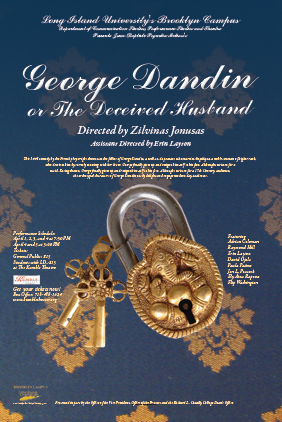
 |
|---|
 |
 |
 |
 |
 |
 |
 |
 |
 |
 |
 |
 |
 |
 |
 |
 |
 |
 |
 |
 |
 |
 |
 |
|
|---|---|
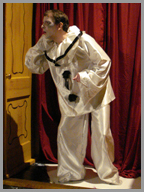 |
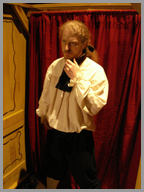 |
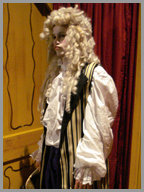 |
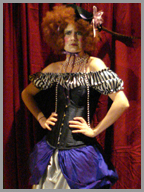 |
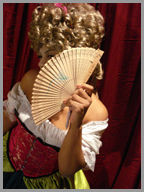 |
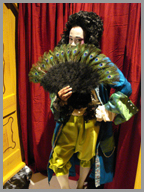 |
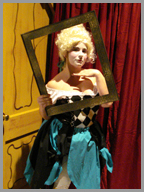 |
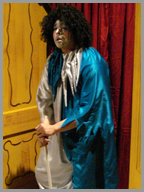 |
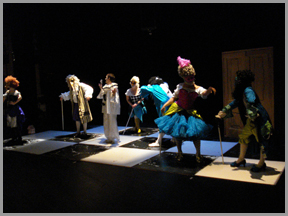 |
|
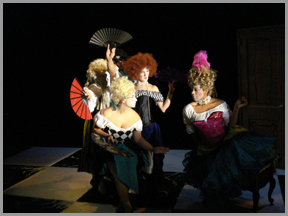 |
|
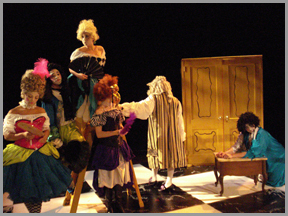 |
|
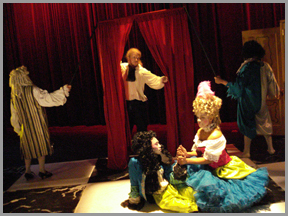 |
|
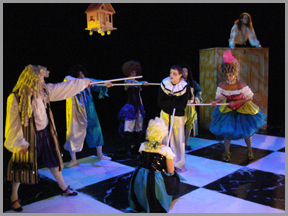 |
|
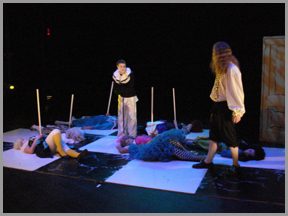 |
|
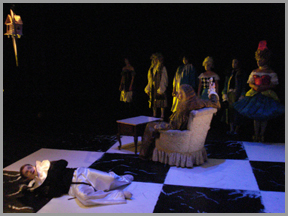 |
|
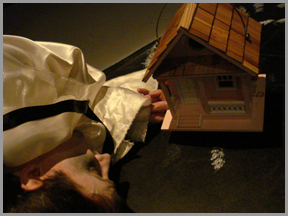 |
|
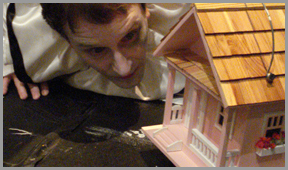
DIRECTOR'S NOTES
You can never really understand the beauty of a play just by reading it. A play can only be truly “read” in performance. And sometimes the funniest line in the text is the most tragic in performance.
Molière wanted to be a dramatist, not a comedic writer, so his genius appears in unexpected places in his plays. George Dandin was written in the period between Don Juan and Scapin’s Schemings, Don Juan being the most dramatic of all Molière’s plays, and Scapin’s Schemings being the most humorous, in my opinion. During our rehearsal process, I have attempted to draw out elements of both tragedy and humor from the actors and the text and have discovered that George Dandin fits into neither comedy nor drama but is an interesting marriage of the two.
First performed as part of the Grand Divertissement royal de Versailles, the play was originally designed to be accompanied by a pastoral ballet. That means that the show had what nowadays we might term “pop culture” or cabaret-like elements within the performance. In this spirit I would like to introduce something of today’s pop culture into our George Dandin.
From working in theaters, I recall that whenever I have been in a theater, whether for a performance or particularly for rehearsals, I have seen one person sitting in a dark corner of the theater. Nobody knows why that person is there, but somehow everyone senses that someone is watching. The presence of that energy while actors are performing is the very essence of theater.
Because his theater troupe was subsidized by the king, Molière served the nobility for their amusement. While one could easily dismiss the significance of the servant in most plays, in Molière’s plays, it’s no wonder that the relationship between servant and master takes precedence. The title character in George Dandin has characteristics of a servant, but at the same time he has more money than the nobility. Dandin has his own servant, Colin, who is as hidden in the play as the lone person sitting in the dark corner of a theater. One could easily dismiss this character since he has only a few lines in the play near the end of Act 3. However, in my approach and adaptation of George Dandin, Colin plays a bigger role and is vital to the success of the performance.
It could be that Colin was written because an actor in Molière’s troupe needed a role, or perhaps the character is there to indicate something deeper Molière wants to tell us. You be the judge.







